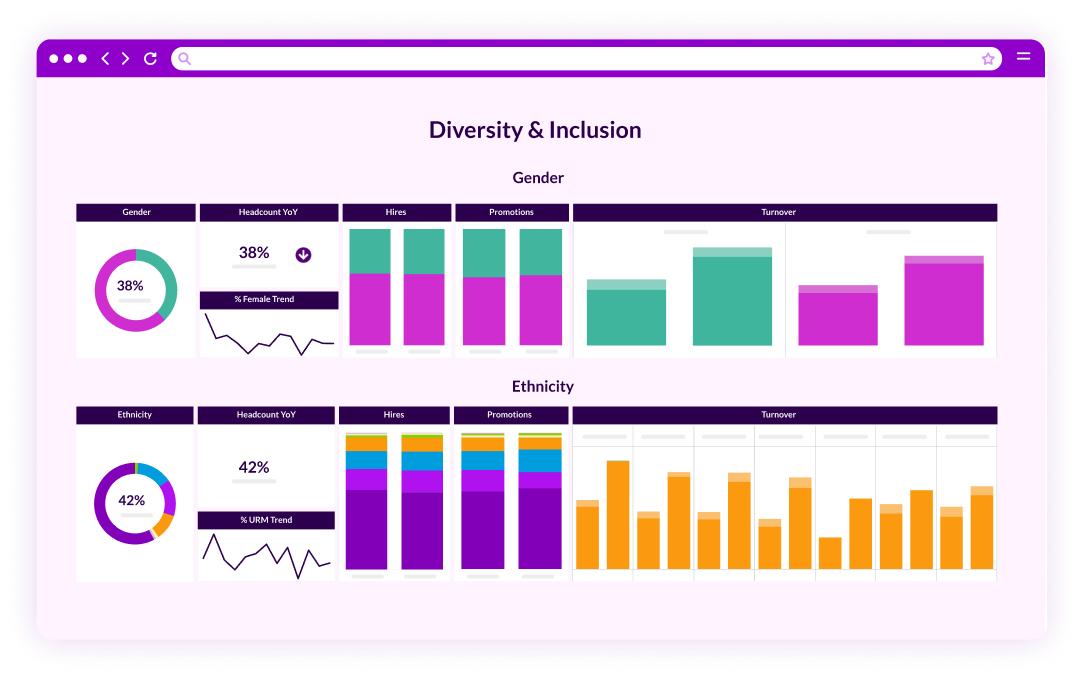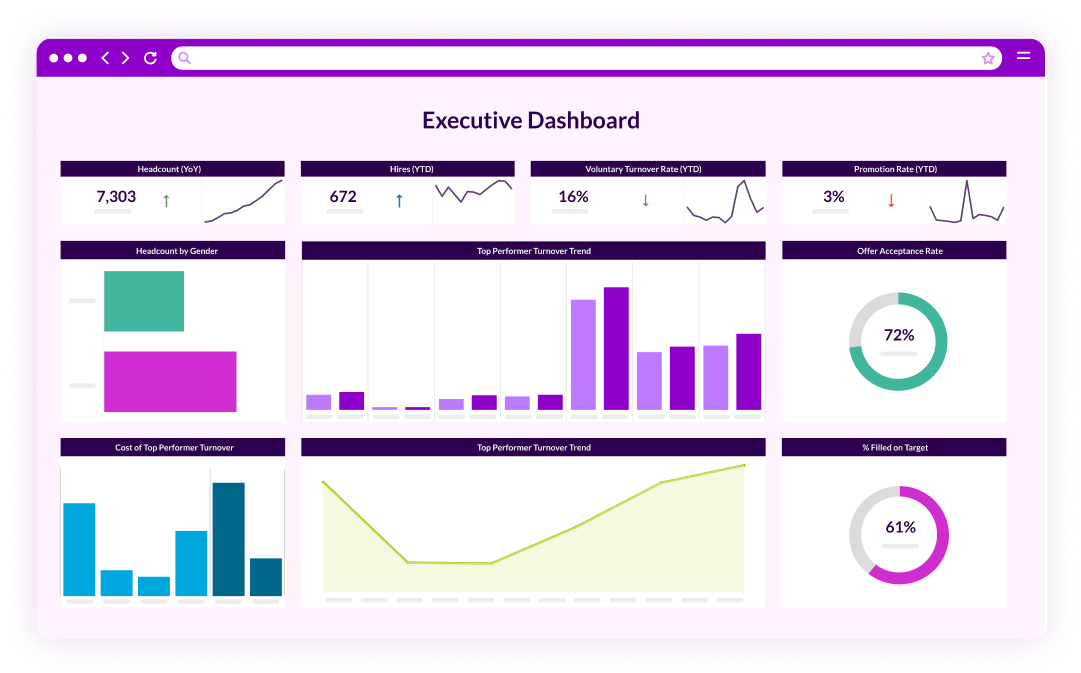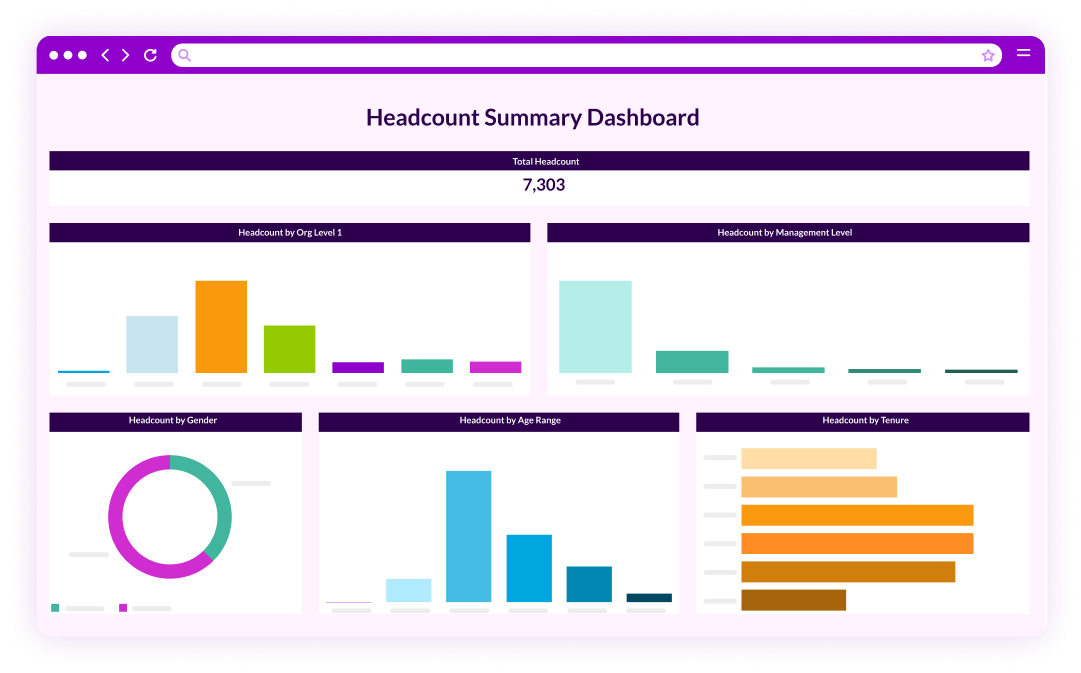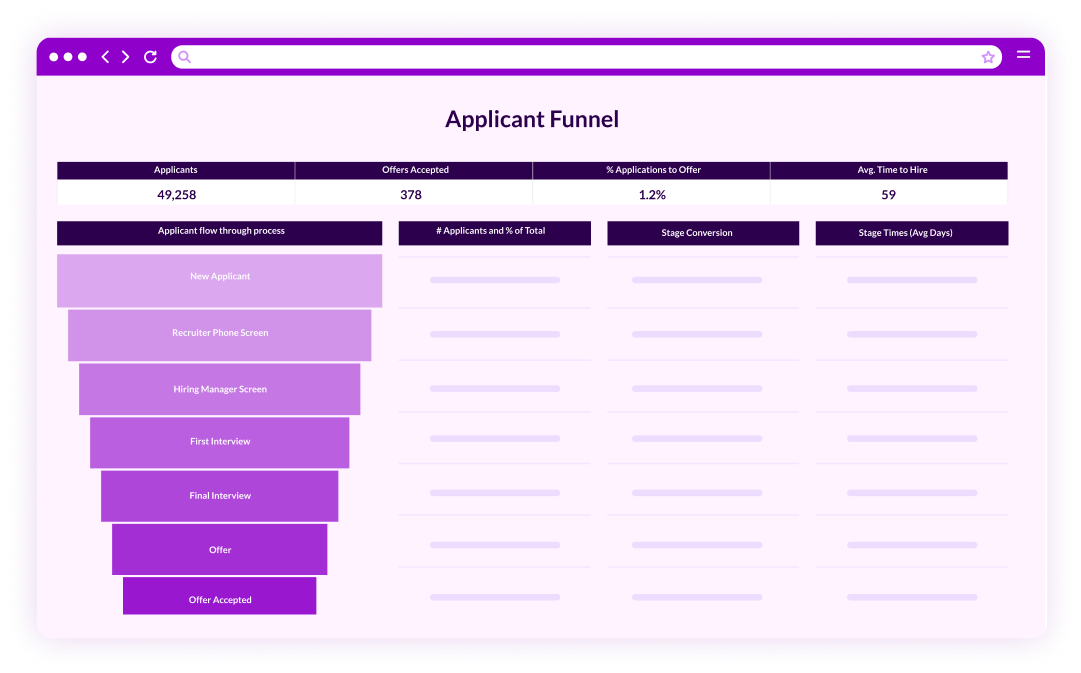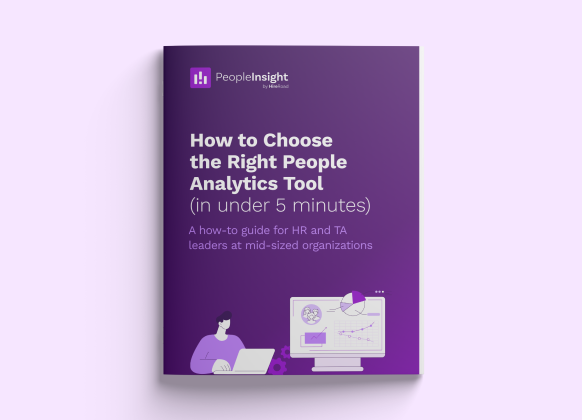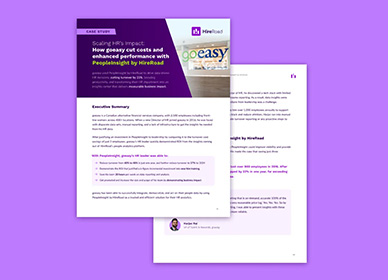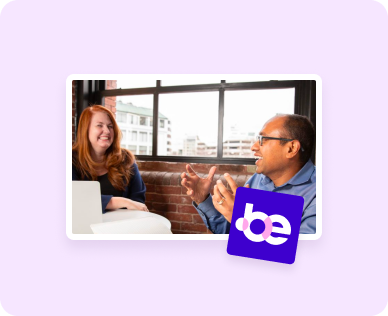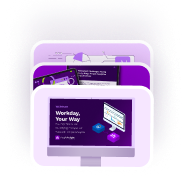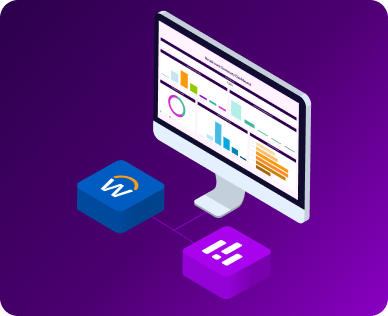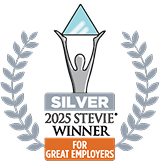When you’re managing HR for a growing business, keeping costs down is always top of mind. Affordable HR software options have flooded the market, promising automation, compliance, and employee satisfaction at a fraction of traditional enterprise costs. But buying cheap HR software without fully understanding your long-term needs can create costly headaches down the road.
In this guide, we explore seven crucial factors many teams overlook when choosing budget HR platforms and provide a curated list of affordable HR analytics tools that include employee self-service portals—a feature that can significantly reduce administrative burden while improving employee experience.
